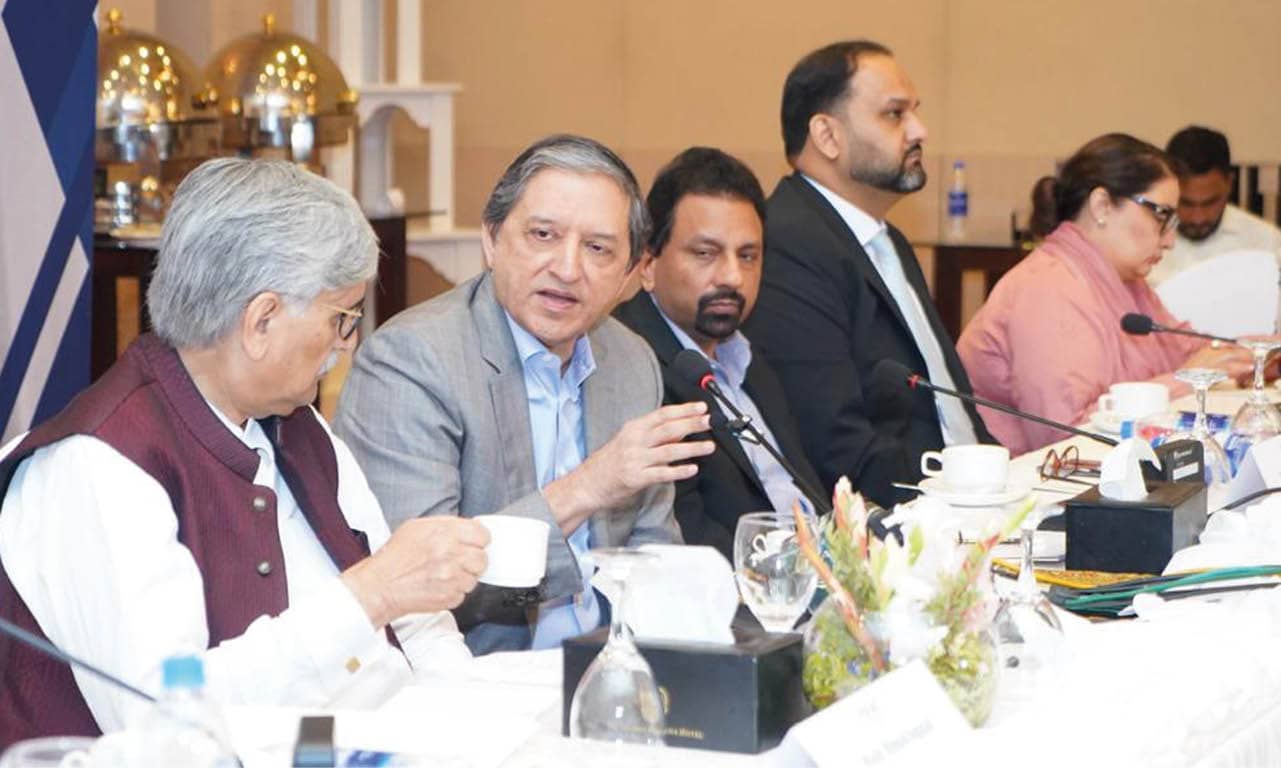The Pakistan Institute of Legislative Development And Transparency (PILDAT) convened a high-level consultative forum on taxes and business climate here Tuesday bringing together leading voices from across Pakistan’s political, business, media, and civil society sectors to deliberate on structural economic challenges and recommend actionable reforms for economic revival and stability.
Dr Imtiaz Ahmed, Chief Economist of Pakistan, delivered the keynote address and acknowledged the government’s commitment to reform, he noted that Pakistan’s engagement with the International Monetary Fund (IMF) had constrained fiscal flexibility saying despite limited maneuverability under the IMF programme, the government remains focused on creating a more enabling environment for business
Welcoming participants, Mr.Ahmed Bilal Mehboob, President of PILDAT, emphasized the critical need to reform the country’s tax stem saying a predictable and fair tax structure is essential for sustainable economic growth.
He urged for simplified compliance mechanisms and called for greater focus on economic policy alongside political discourse.
Senator Saleem Mandviwalla, Chairperson of the Senate Standing Committee on Finance and Revenue, shared that for the first time, the Senate Committee will review the budget and return recommendations to the National Assembly’s Finance Committee.
He assured the forum that the concerns of the dairy, banking, and textile sectors were being duly considered.
Dr.Muhammad Nasir, Head of Corporate Affairs at FrieslandCampina Engro Pakistan, voiced concern over the 18% GST on packaged milk, stating that the tax has raised consumer prices and hindered affordability and urged policy support to formalize and stabilize the dairy value chain.
Mr.Muhammad H.Shafqaat, CEO, Pakistan Textile Council, identified key sectoral challenges including delayed tax refunds, inconsistent energy pricing, and an uncompetitive tax regime.
He proposed several reforms, including: A unified tax regime taxing only profits (FTR/MTR/NTR); Fast-track tax refund processing within 48–72 hours; Integration of EOBI, Social Security, and WWF contributions; Incentives for renewable energy and SDG-aligned investments; Expanded liquidity access through DLTL, DDT, LTFF, and Export Finance Facilities
Mr.Nejibur Rahman, Adviser to the Pakistan Banks Association, highlighted the banking sector’s excessive tax burden, with effective rates reaching 54–55%, far above the national average.
He called for a review of the ADR-based tax, describing it as unconstitutional and distortionary.
Mr.Naveed Qamar, MNA and Chairperson of the National Assembly Standing Committee on Finance, announced public hearings after the upcoming budget to ensure all stakeholders are heard.
While supporting direct taxation, he acknowledged the constraints posed by the IMF programme.


